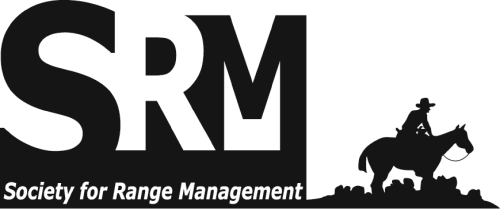Woody plant encroachment transforming rangelands influences the carbon pool worldwide. Encroachment of western juniper (Juniperus occidentalis) is a significant problem in Oregon rangelands and it is common to control this species to favor the regrowth of shrubs and grasses. However, the consequences of juniper control in terms of carbon pools are not known. We intended to fill this gap with this study. Our study site was a paired watershed in central Oregon in which juniper trees were controlled in one area (the treated watershed) in 2005 and were left intact in the other (the untreated watershed). Each watershed had an area of about 110 ha. We quantified aboveground carbon pools for trees, shrubs, grasses, and litter in both the treated and untreated watersheds. In each watershed 20 plots of 20 m X 20 m were systematically established for mass evaluations. Juniper tree mass was estimated by previously established allometric equations. Also, one plot of 10 m x 10 m for shrub mass evaluation and four plots of 2 m x 2 m for grass and litter mass evaluation were established within each 20 m x 20 m plot. We estimate the average total aboveground accumulation of carbon to be five times higher on the untreated than on the treated watershed. Trees of the untreated watershed stored approximately 21 times more carbon than regrowth trees in the treated watershed. Grasses of the untreated watershed stored 50% more carbon than grasses on the treated watershed. On the other hand, shrubs and litter of the treated watershed stored 8 and 6 times more carbon, respectively, than those of the untreated watershed. Our findings support the proposition that juniper control results in a decrease in total carbon pools, although the increase in the shrub carbon pool partially offsets those losses.

Oral presentation and poster titles, abstracts, and authors from the Society for Range Management (SRM) Annual Meetings and Tradeshows, from 2013 forward.